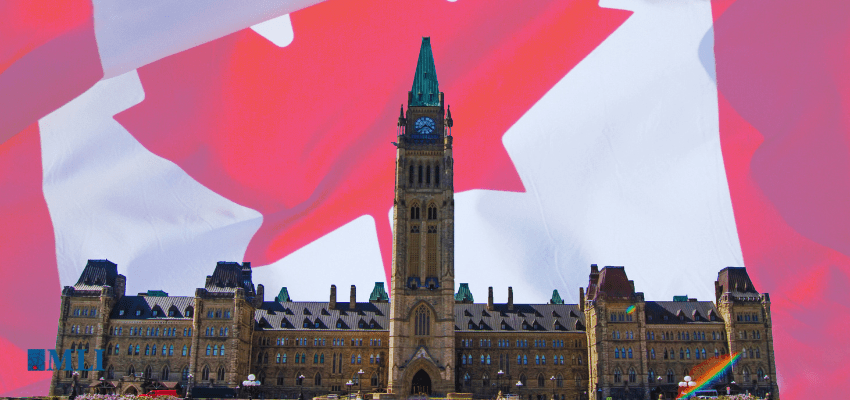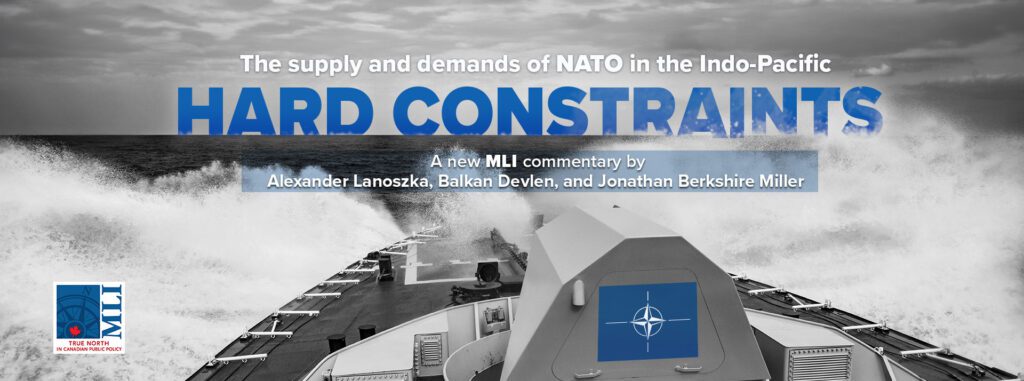This article originally appeared in the National Post.
By Christopher Dummitt, June 12, 2024
It’s possible to be both astounded and completely unsurprised by the allegations that some members of Parliament have colluded with foreign states to serve both their own interests and those of governments like China and India.
For years now, Canada’s elite have been acting as if there is no real legitimate national interest. Imagine a new prime minister trying to invoke a Canadian version of JFK’s self-abnegating admonition to, “Ask not what your country can do for you — ask what you can do for your country.” Young Canadians would say: “But I thought you told us we lived on stolen land?”
Our elite class continually delegitimizes the very idea of Canada through land acknowledgements, self-confessions of genocide and claims (via our prime minister even) that there really is no such thing as a Canadian identity. Is it any wonder that some people take this seriously?
Canadian progressives and many of our institutions have come to embrace a bizarre woke version of multiculturalism, where every other nation can have interests and culture, but Canada can only have original sin.
Visitors to cultural institutions across the country are greeted with signs that contrast the permanent and immemorial quality of the Indigenous presence in North America with the temporary and illegitimate status of Canada itself.
A current exhibition at the Royal Ontario Museum on the origin of life on the planet, for example, inserts largely unknown Indigenous place names to describe landmasses that existed hundreds of millions of years ago, at a time when no humans even existed and the planet looked entirely different. And yet the same exhibit talks about “the lands now known as Ontario.”
Similarly, the McMichael gallery, which was created to celebrate Canada’s most famous painters, the Group of Seven, no longer features the group’s story in its permanent gallery. You’ll find Group of Seven paintings there, for sure, but the gallery has now erased what was a proud national origin story, presumably because it was too white and too male.
Instead, visitors are greeted by a hodgepodge of artists who (though obviously talented) are essentially on display to meet DEI quotas. Instead of keeping the Group of Seven’s Canadian story and then adding new galleries for other artists, the gallery erased the older Canadian story. It’s a telling choice that is being replicated throughout the country.
A key trend in all of this is assuming the sinfulness of Canada itself, all while ignoring the histories of other countries and cultures, which are just as bad, if not worse.
Think of Toronto’s attempts to rename Dundas Street and Yonge-Dundas Square because Henry Dundas allegedly delayed the abolition of the slave trade. Canadian schoolbooks used to tell a story about Britain and Canada’s status as some of the first countries to abolish the slave trade. Now, that narrative has been replaced with a story about British and Canadian guilt.
Yet the activists — and then the decision makers — completely overlook the presence of slavery in Africa before and after the Atlantic slave trade, in the Muslim world and even amongst Indigenous peoples in Canada. Then there’s the egregious fact that the newly chosen name for the square — Sankofa — comes from a West African kingdom that grew in power on the profits of the slave trade.
This is what national deculturation looks like. And it was bound to have real-world consequences.
In recent years, China tried to avoid criticism for its mistreatment of its Muslim Uyghur population by pointing to Canada’s so-called genocide. Why wouldn’t it? After all, Prime Minister Justin Trudeau got down on one knee to apologize for the alleged discovery of mass graves at residential schools. Then, MPs passed a resolution proclaiming that Canada had committed a genocide. Yet to this day, no graves have been uncovered.
This was, of course, a Canadian “own goal.” What ought to have been a story about an authoritarian foreign government’s persecution of a cultural minority instead became tit-for-tat allegations of genocide. And our elites were — for some mysterious reason — playing for the Chinese.
China isn’t alone in benefiting from Canada’s national self-doubt. Russia and Iran are also happy to foster domestic discord to sap our belief in the superiority of our liberal democracy.
The idea that foreign governments might want to influence Canadian politics isn’t new. What is new is the way our elites have embraced a culture of national delegitimization that essentially does the hard work for our adversaries.
What we need is a firm sense of the national interest — a belief in the legitimacy of Canadian culture and history — that would make the actions of these MPs entirely unthinkable.
Treason ought to be surprising. It should also be swiftly punished.
Christopher Dummitt is a historian of Canadian culture and politics at Trent University and a senior fellow at the Macdonald-Laurier Institute.







